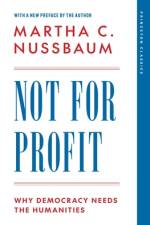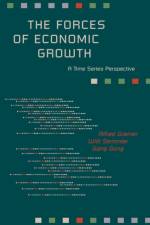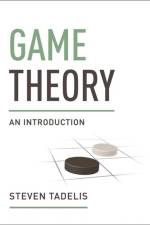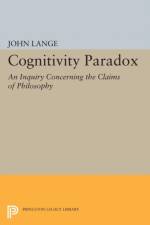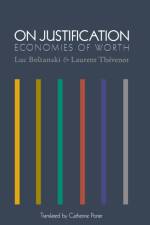- Antelopes, Gazelles, Cattle, Goats, Sheep, and Relatives
von Jose R. Castello
40,00 €
The most comprehensive guide to the bovids of the worldBovids are a diverse group of ruminant mammals that have hooves and unbranched hollow horns. Bovids of the World is the first comprehensive field guide to cover all 279 bovid species, including antelopes, gazelles, cattle, buffaloes, sheep, and goats. From the hartebeest of Africa and the takin of Asia to the muskox of North America, bovids are among the world's most spectacular animals and this stunningly illustrated and easy-to-use field guide is an ideal way to learn more about them.The guide covers all species and subspecies of bovids described to date. It features more than 300 superb full-color plates depicting every kind of bovid, as well as detailed facing-page species accounts that describe key identification features, horn morphology, distribution, subspeciation, habitat, and conservation status in the wild. This book also shows where to observe each species and includes helpful distribution maps.Suitable for anyone with an interest in natural history, Bovids of the World is a remarkable and attractive reference, showcasing the range and beauty of these important mammals.The first comprehensive field guide to all 279 bovid species337 full-color plates, with more than 1,500 photographsDetailed species accounts describe key identification features, distribution, subspeciation, habitat, behavior, reproduction, and conservation statusFully updated and revised taxonomy, with common and scientific namesEasy-to-read distribution maps



